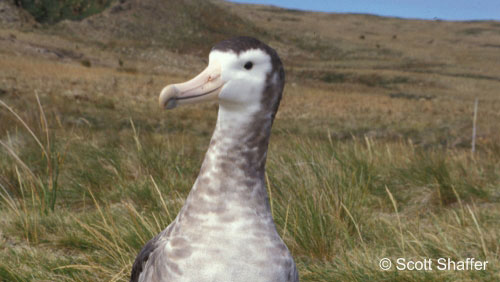The 16th Session of the Indian Ocean Tuna Commission (IOTC) was held over the period 22-26 April this year in Fremantle, Australia. An important development was the adoption of a new resolution On reducing incidental bycatch of seabirds in longline fisheries to replace the previous version (10/06), following advice received from the Commission's Scientific Committee (click here).
The new version of the resolution adopts what is currently considered to be best practice in reducing seabird mortality from pelagic longline fishing by allowing only a suite of three mitigation measures (night setting, line weighting and utilizing bird-streamer lines) from which at least two must be used. Previously listed measures not considered to be effective (blue-dyed squid bait, management of offal discharge and using a line-setter or line-shooter) will no longer be considered as alternative measures.
Click here to access the successful proposal ( IOTC-2012-S16-PropD[E]) that includes the full text of the new mitigation resolution made jointly by the European Union and France on behalf of its Overseas Territories.
The Indian Ocean is home to globally important populations of eight albatross species, including the Critically Endangered Amsterdam Albatross Diomedea amsterdamensis. It is expected that the new measures adopted by the IOTC will go a long way to help conserve them.

Further, at the meeting the delegation from Japan offered US$20 000 to support training workshops for fishing captains to ensure safe and appropriate use of line-weighting measures. BirdLife International and the International Seafood Sustainability Foundation will work with Japan and other nations to secure additional funding and provide the training.
IOTC's new resolution brings it in line with one previously adopted (click here) by its sister RFMO, the International Commission for the Conservation of Atlantic Tunas (ICCAT).
Click here to read an NGO perspective on the IOTC development.
With thanks to Ross Wanless for information.
John Cooper, ACAP Information Officer, 7 May 2012

 English
English  Français
Français  Español
Español